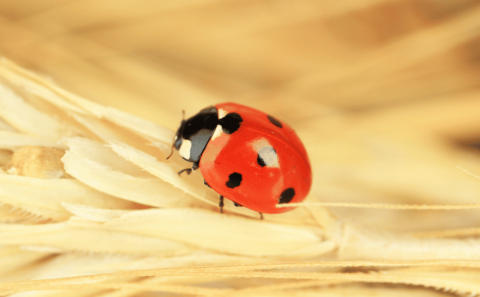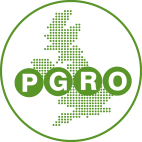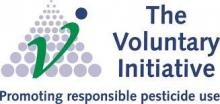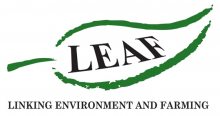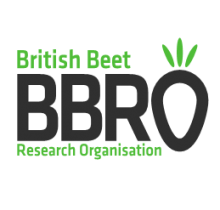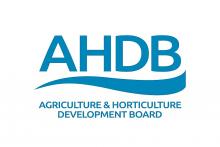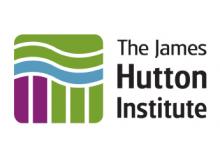IPM NET is an open IPM Network, enabling benchmarking of critical IPM metrics and facilitating sharing of knowledge.
The demand for sustainable crop protection practices is on the rise, driven by growing concerns about the environmental, human health, and non-target species risks associated with high pesticide use. IPM is a holistic and environmentally sustainable approach to managing pests, diseases, and weeds in agriculture, horticulture, and other pest-prone areas by using a range of interacting techniques and a reduced reliance on chemical pesticides.
🌾 But - understanding the impact of IPM on farm yield, profitability, and sustainability remains elusive.
IPMNET enables members to collect, interpret, and share knowledge and information from farms to better understand the effectiveness of IPM approaches and the impact on yield, quality, and profitability.
The network is open to any interested individual or organisation – commercial, academic or other, from the UK, Europe or beyond to advance knowledge and implementation of IPM. The network is overseen by a steering committee of national experts and supported by industry bodies in collaboration with complementary projects and initiatives.
🌟 Join IPM NET Today!
If you are interested in joining the IPMNET, please contact ipmnet@adas.co.uk.
IPMNET covers the UK branch of the EU AdvisoryNetPEST network, which aims to increase the sharing of knowledge and the adoption of innovative solutions to reduce the use and risks of pesticides (RURP) across Europe.

